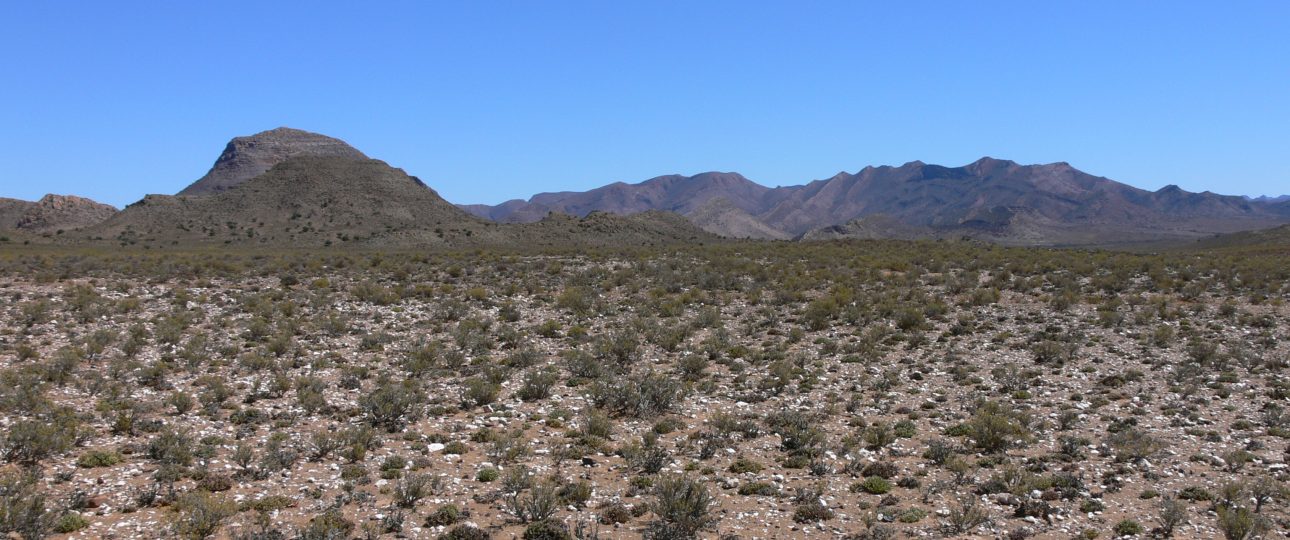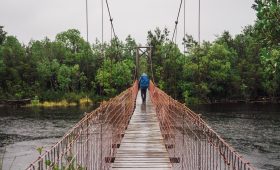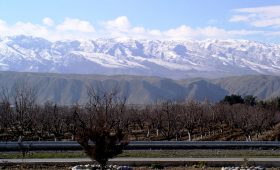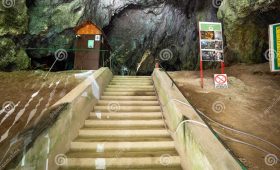The Karoo, a semi-desert region in South Africa, is a land of contrasts and extremes. It is a place where the vastness of the landscape is matched only by the diversity of its ecosystem. The region is divided into the Great Karoo and the Little Karoo, each offering its own unique experiences.
Exploring the Great Karoo
Spanning nearly 400,000 square kilometers, the Great Karoo is one of the quietest places on Earth. Its wide-open spaces, craggy mountain ranges, and expansive plains create a sense of solitude and wonder. Driving through this region, you might feel as if you could travel for months and still discover something new in each town.
The Great Karoo’s climate is characterized by low rainfall, arid air, and extremes of temperature. While the plains receive between 50 and 250 mm of rain annually, the surrounding mountains can see up to 500 mm. Despite these harsh conditions, underground water sources have allowed for permanent settlements and sheep farming, making the region a vital part of South Africa’s agricultural landscape.
Discovering the Little Karoo
The Little Karoo is a narrow valley bordered by the Swartberg and Langeberg-Outeniqua mountain ranges. This area is home to charming towns like Oudtshoorn, famous for its ostrich farms and Victorian “Feather Palaces,” built during the ostrich-feather boom of the 1880s. Nearby, the Cango Caves offer a fascinating glimpse into the region’s geological history with their impressive limestone formations.
Natural Landscapes
The Karoo’s natural beauty is undeniable. The Swartberg Pass, connecting the Little Karoo to the Great Karoo, is a highlight. Built between 1881 and 1888, this pass offers breathtaking views but can be challenging to navigate, especially after rain or snow. The Karoo National Park showcases unique flora and fauna adapted to the arid environment, making it a must-visit for nature enthusiasts.
Cultural Heritage
The Karoo is steeped in cultural history. Towns like Graaff-Reinet, the fourth oldest in South Africa, offer a glimpse into the country’s past with well-preserved Cape Dutch architecture. The region’s history is also intertwined with the Khoisan people, the original inhabitants who named the Swartberg Mountains “kango,” meaning “a place rich in water.”
Best Time to Visit
For the most comfortable experience, plan your visit between April and September when temperatures are milder. Summers can be extremely hot, so if you visit during this time, ensure you stay hydrated and plan activities for the cooler parts of the day.
Getting There
By Air
Cape Town International Airport is the nearest major airport. From there, you can rent a car or take a domestic flight to regional airports like George or Port Elizabeth, which provide access to the Karoo.
By Road
Driving is a popular way to reach the Karoo. From Cape Town, take the N1 highway north to enter the Great Karoo. Alternatively, the scenic Garden Route offers a picturesque drive through coastal towns before reaching the Little Karoo.
Local Transportation
Car Rental
Renting a car is advisable for exploring the Karoo, as it offers flexibility and convenience. Book in advance, especially during peak travel seasons, to ensure availability.
Public Transportation
Public transportation is limited, with minibus taxis and buses available for travel between towns. Be prepared for longer travel times and less frequent schedules.
Practical Tips
- Prepare for varying weather conditions, especially if traveling through mountain passes.
- Engage with locals to learn about the region’s history and culture.
- Consider guided tours for unique experiences, such as meerkat viewing near Oudtshoorn.




